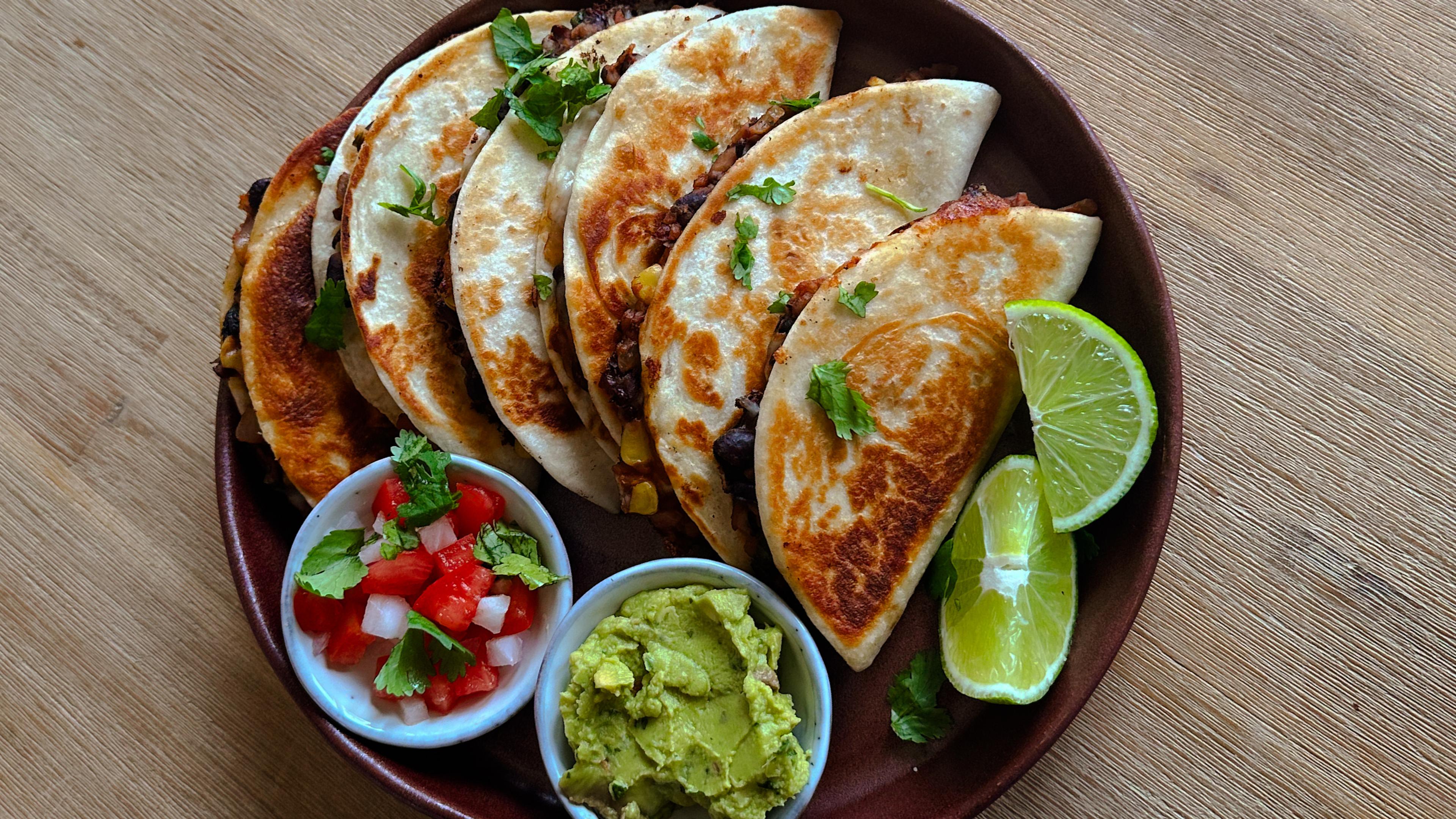Flip the Switch on Your Metabolism
Jodi Davis
| 3 min read

Have you ever wondered: When I lose weight, what actually happens to it? I sure have, but until recently, I never really took the time to search for an answer. When a person loses weight it is basically because you have expended more energy than you have consumed. You not only burned off all the food you just ate, but you also drew from your fat reserves.
Our bodies burn calories through metabolic processes; enzymes break carbohydrates (starches) into glucose and other sugars, the fats into glycerol and fatty acids, and the proteins into amino acids. These molecules are then transported through the bloodstream to the cells, where they are either absorbed for immediate use or sent on to the final stage of metabolism in which they react with oxygen to release their stored energy.
Calories Explained
It helps here to understand the concept of the calorie. Often the misconceptions about weight gain and weight loss are a result of people not understanding what we mean by a calorie. They often think a calorie is a little thing that has to be gotten rid of. A calorie is actually a word used to describe a unit of energy (or heat). For food it defines how much energy is needed to burn a unit measure of a particular food. For exercise it means how much energy your body is burning. So all this means is that the more calories a food contains the more energy it takes to burn it up.
You may also hear people talk about fat changing to muscle, but fat does not turn into muscle and muscle does not turn into fat. Biologically they are two different kinds of cells. The kind of cell your body builds (fat or muscle) depends on your exercise regimen and the food you eat.
Muscle Weighs More Than Fat
If the calories you consume are converted to fat, you will weigh less than if the calories you consume are converted to muscle. This is why when people begin a weight loss program that includes rigorous exercise; they often gain weight, even though they might look thinner. Important to remember is the fact that muscle takes up less space than fat even though it weighs more on the scale.
The Difference Between Energy Storage and Usage
We are biologically designed to use food in the most effective manner. What we need, we use, what we don’t need, we store. When we go from being chip-eating couch potatoes to diet and exercise experts, we change our body’s priorities from storage to usage. When we exercise, fat is burned first. Fat is our biological storage unit for calories. It’s where we “save food” for a rainy day. When sudden exercise kicks in, our body says, whoa, I need more energy, better start drawing on the reserves. And we begin to burn fat.
When we exercise, we build muscle because our body “notices” that we are now using our muscles so begins to send energy there. The muscles are built directly from the calories we consume. Again, we won’t gain more than a pound of muscle for each pound of food we eat. In fact, it will be much less since it takes more energy, or calories, to build muscle.
When we exercise, the calories we eat go to build muscles instead of fat because we are designed to send calories to the places in our bodies where we need them most. Muscles frequently exercised need a lot of calories. If no muscles are being used then we just store the calories as fat.
My advice: use those muscles daily and the excess calories you consume will be less likely to be stored as fat!
Like this post? Check these out:
Photo credit: kali9





